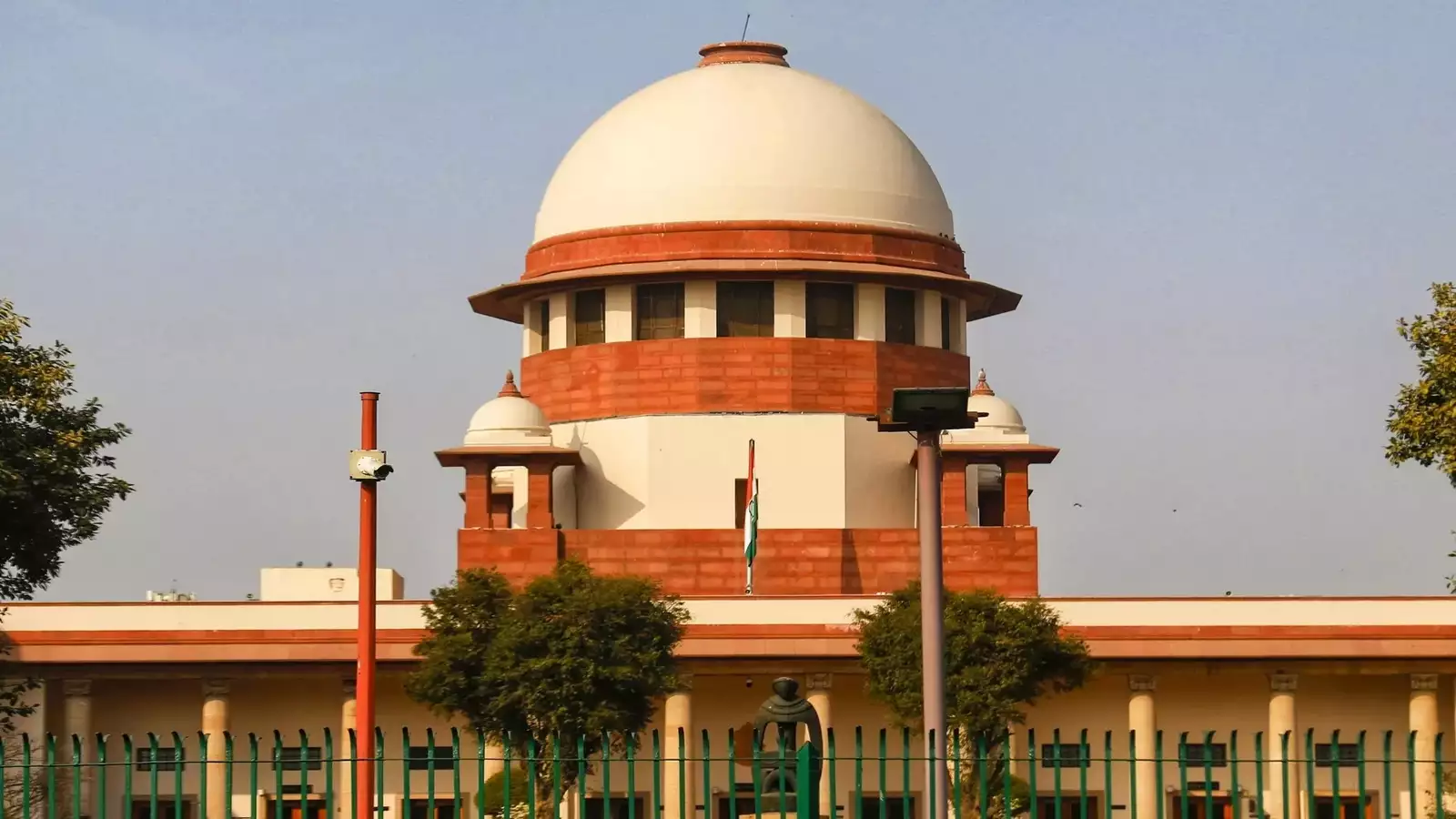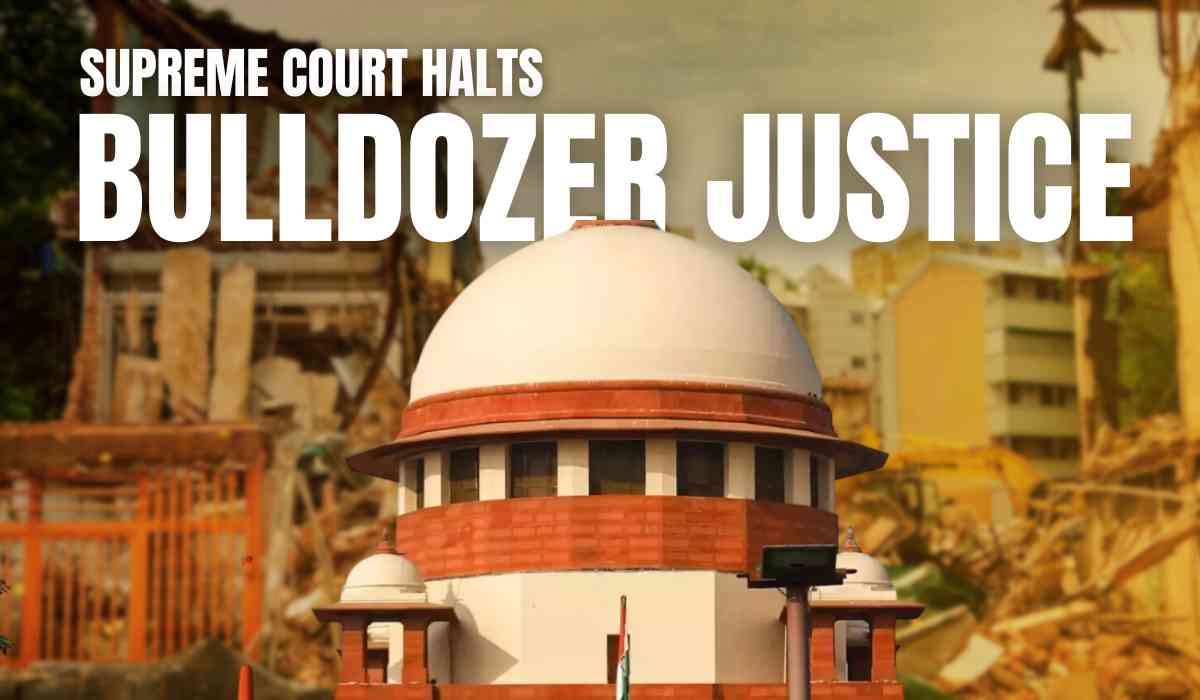The Supreme Court of India delivered a landmark judgment against the procedure popularly known as "bulldozer justice," terming it unconstitutional. This is in the wake of growing instances where state agencies have been demolishing properties of individuals solely based on accusations or conviction in crimes, without legal procedures.
Interpretation of the Judgment
The court, while dealing with such issues, explained how demolishing someone's home based on allegations only violates the core principles of justice and the rule of law. The judgment reiterated that such practices are not only arbitrary but violate shelter as a constituent part of Article 21 of the Indian Constitution.

Key Takeaways from the Judgement
- Right to Shelter: The court said that the right to shelter was an integral part of a person's right to life. It held that demolition of houses without proper due process cut as much across the rights of the accused persons as those of the innocent family members dwelling in those properties.
- Collective Punishment: The bench held that punishing the entire family for the alleged crimes of one member constituted collective punishment, which is forbidden in Indian law. It questioned this logic behind penalizing people who have no connection to any form of crime simply because they share a home with an accused person.
- Separation of Powers: It was highlighted by the judgments that the powers of the executive do not include acting as a judge. Only the judiciary has a right to decide over guilt or innocence. Acts done by state authorities without judicial scrutiny are declared unconstitutional.
Directives for Future Demolitions
To ensure that the power is not misused again, the Supreme Court has enforced stern guidelines wherein any demolition of property will only be permitted once these stern guidelines are followed:
- Compulsory Notice: Where the concerned authorities are demolishing any building or any other property, then it is compulsory to issue at least a notice of 15 days to the relevant people so that they can raise an argument against this.
- Notice of Grounds: The people issuing such a noxious notice should specify the violations and reasons for demolition on the notice.
- Fair Opportunity of Hearing: The affected parties must be given an opportunity for a personal hearing before which their grievance is redressed.
- Destruction through Documentation: All the demolition procedures must be documented and reported to higher authorities so that there was accountability maintained.
Failure to comply with the recommendations may attract contempt proceedings against those officials involved in illegal demolitions, besides financial restitutions to the victims whose properties were demolished illegally.
End Note
This judgment marks a very high point in India's legal trajectory as a reinforcement of due process and rights of the individual against arbitrary actions of the state. It reminds every citizen that no one is beyond or below the law. Democratic institutions need to be given back their faith, and constitutional values have to be restored. Curbing "bulldozer justice" is an endeavor by the Supreme Court.
With inputs from agencies
Image Source: Multiple agencies
© Copyright 2024. All Rights Reserved Powered by Vygr Media.





















